Whistleblowing
This link https://ourwhistleblowing.it/daldoss-elevetronic-spa gives access to the digital platform that allows you to make Reports pursuant to (It.) Legislative Decree 24/2023, aimed at the protection of persons who report breaches of national or European Union regulations by employees or other persons who have dealings with Daldoss Elevetronic S.p.A.
It is recommended to send Reports via the platform; in any case, should the Whistleblower choose alternative means, for the application of the relevant protections, the wish to keep his/her identity confidential must be specified in the Report, with express reference to the aforementioned legislation ((It.) Legislative Decree 24/2023, Whistleblowing Regulation, or other clear references).
From a practical point of view, reports are made via the platform wizard, while the main information on the aforementioned legislation is provided below.
1. WHO CAN FILE A REPORT
The following are legitimately entitled to file a Report regarding Daldoss Elevetronic S.p.A. and entities bound by contractual relations therewith:
- holders of shares or stock, and persons with roles, including de facto roles, of administration, management, control, supervision or representation;
- employees, volunteers and trainees, paid and unpaid;
- self-employed workers (including professional consultants) and associates.
The Report can be made when the legal relationship with Daldoss Elevetronic is extant, when it has not yet begun (if the information on the breach was acquired during the selection/pre-contractual phase) and when it is concluded (if the information on the breach was acquired prior to conclusion).
2. WHAT BEHAVIOURS CAN BE REPORTED
The Report may concern circumstances which the Whistleblower has become aware of in a Work setting and concerning:
- administrative, accounting, civil or criminal offences under national law;
- significant offences under the legislation on the administrative liability of entities pursuant to (It.) Legislative Decree no. 231/2001 (so-called predicate offences) 8 June 2001, no. 231);
- infringement of European Union rules and acts consisting of:
significant offences under EU law concerning, inter alia, the following areas: financial services, products and markets; prevention of money laundering and terrorist financing; protection of personal data; security of networks and information systems;
- acts or omissions detrimental to the financial interests of the European Union;
- acts or omissions concerning the internal market, including those relating to competition, State aid and tax law;
- acts or conduct that frustrate the object or purpose of the provisions in the areas mentioned above.
It is not necessary for the reported breaches to have been committed already, since Reports may also concern concrete situations of risk/in progress, provided that they are supported by precise and consistent elements.
The information must be truthful. Mere suppositions or information in the public domain are not considered relevant. While well-founded suspicions are deemed relevant.
Anonymous Reports, where substantiated, are duly handled, with all relevant protection for the Whistleblower if subsequently identified.
Reports must not relate to disputes, claims or demands linked to an interest of a personal nature of the Whistleblower, including those concerning the latter’s employment relationship.
3. FEATURES OF THE REPORT
The Report must contain all useful information enabling the Whistleblowing Officer to ascertain the merits of the reported matter and thus to initiate the relevant investigation. It is therefore advisable for the Whistleblower to attach documents that may corroborate the report and reference other persons who may provide further information or corroborate the content of the Report.
In particular, the Report must clearly state the following information:
- the time and place in which the reported event occurred;
- description of the fact;
- name and surname, or any other information that may help identify the perpetrator;
- the particulars of any other persons involved or who may report the fact.
4. WHISTLEBLOWING CHANNELS
The platform allows Reports to be made, with the identity of the Whistleblower being either confidential or completely anonymous:
- in written form, through the dedicated IT channel;
- orally, by voice recording through the dedicated IT channel.
The platform provides an alphanumeric code with which the Whistleblower can subsequently keep track of the processing status of the Report and interact with the Whistleblowing Officer through the platform’s internal messaging feature.
A direct meeting with the Whistleblowing Officer may be requested by the Whistleblower via the Platform.
Via the platform made available by the National Anticorruption Authority (ANAC) at www.anticorruzione.it, it is possible to make a so-called external Report, only in one or more of the following cases:
- the report made by the whistleblower through the internal whistleblowing channel was not followed up;
- the whistleblower has reasonable grounds to believe that, if he or she made an internal report, it would not be properly followed up or might lead to the risk of retaliation;
- the whistleblower has reasonable grounds to believe that the breach may constitute an imminent or obvious danger to the public interest.
5. SAFEGUARDS
The safeguards:
The safeguards provided for in this procedure apply:
- to the Whistleblower;
- to the Facilitator;
- to the persons in the same work context as the Whistleblower, including those who have filed a complaint with the judicial or accounting authorities or made a Public Disclosure, and who are related to them by a stable emotional or kinship bond up to the fourth degree;
- to the Whistleblower’s work colleagues, including those who have filed a complaint with the judicial or accounting authorities or made a Public Disclosure, who work in the same Work context and who have a customary and ongoing relationship with that person;
- to entities owned by the Whistleblower, including those who have filed a complaint with a judicial or accounting authority or made a Public Disclosure, or for whom said persons work, and entities operating in the same work context as said persons.
The safeguards operate on condition that:
at the time of the Report, the Whistleblower had reasonable grounds to believe that the information on the breaches was true and fell within the scope of application of (It.) Legislative Decree no. 24/2023 and had been communicated in the manner and terms set forth therein.
Daldoss Elevetronic S.p.A. shall protect the aforementioned persons against retaliation, whether actual or even only attempted or threatened, retaliation being understood as any conduct, even omissive, motivated even in part by the Report, capable of causing, even indirectly, an unjust damage or in any case a prejudicial event to the protected person.
The confidentiality of the Whistleblower guaranteed by the legislation is also protected pursuant to the data protection regulations, as per the specific information below. In this regard, it is hereby confirmed that the procedure has been preliminarily screened by means of a Data Protection Impact Assessment pursuant to Art. 35 of EU Regulation 2016/679 “GDPR”.

